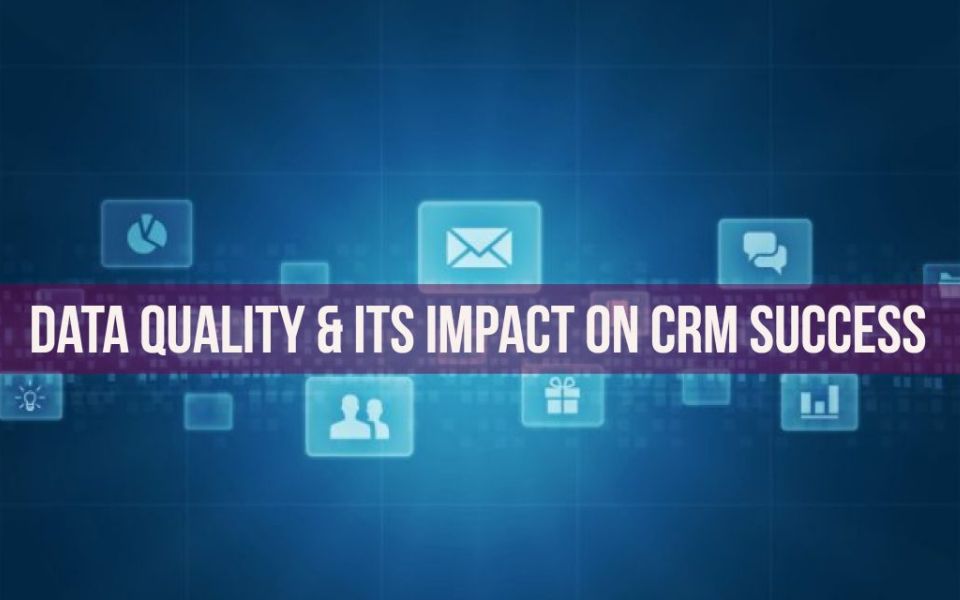Subscribe to Our Newsletter
Stay updated with the latest tips and strategies. Get additional discounts and alerts on offers.

One of the most trending words in the dictionary of a marketer of our generation would be Data. Information has always been valuable in the world of business. Knowing who to contact for a sale, what kind of product will be sold more in a particular area, what is the value that a customer can bring into business are all important information for merchants from the beginning of trade.
The quality of data always mattered in terms of Demand Generation then, as it does today. Earlier we have discussed how high-quality data helps in Demand Generation.
You can read about that over here: HOW DEMAND GENERATION CAN BE ACHIEVED WITH HIGH-QUALITY DATA.
The only difference from the way it’s formulated from earlier times, especially in B2B business, is that information is more systemized today & organized in the name of data. In simple terms, Data is defined as facts or statistics collected together for reference or analysis. In modern business, Data plays a larger role & is gaining more and more importance in the world of trade.
Last week we discussed how Data quality can impact marketing campaigns of organizations & if you haven’t read that, you can do so here: DATA QUALITY & ITS IMPACT ON MARKETING CAMPAIGNS.
This week, we will be seeing how Data quality can have an effect on the success of CRM systems in B2B organizations. But before that, let’s have a peep into the backstory of CRM in the B2B segment.
Experts say that, in terms of the origin of Customer Relationship Management, B2B CRM is much older. It’s said that certain primitive versions of B2B CRM go back to the age of mainframe computers. Companies already started using computers to track business-to-business sales, even before the rise of modern customer relationship management because each sale involved a significant amount of money & required effort.
To B2B marketers it made sense to build a database or system to house data regarding transactions from the early days of digital itself which wasn’t the same for Business Customer transactions until recently.
You can read further about how CRM helps businesses over here: HOW CRM HELPS TO BOOST BUSINESS PROGRESS.
The main differences between B2C & B2B CRM systems are subjected to aspects like sizing of contact databases & length of relationships. A question that can often come to mind is that, is there really a need for CRM in B2B transactions since the volumes of transactions are quite high & the value per transaction is much higher. Yes, can be shouted out for a number of reasons
Now all these reasons can only be supported, if the exact data is available. This is where the importance of Data quality, which is one of the most, overlooked yet essential & fundamental factor kicks in. Good & accurate data in today’s business world can be the ultimate currency as it’s the most important factor in determining how successful a company is in its use of CRM. Bad data doesn’t just cause annoyance, it is a real, make-or-break cost for many organizations. It can lead to a number of problems from bad decision making to bad business which includes:
In cases like these Bad data will be worse than having no data at all. Bad CRM data can come from a number of sources but simply waiting & letting it accumulate can degrade the value of the CRM Database along with the accompanying costs in human intervention.
The only remedy to these problems is to make data quality a priority & ensure that every team member understands data quality challenges, as well as its effect on company’s decision making. A real time data check for inaccuracy & incompleteness before adding into the system can be a good starting point. This can also help to identify & eliminate the duplicates in data entry. Companies should also think on automating data entry in order to reduce human flaws. It is also necessary to revalidate the data at defined time intervals, to ensure that there is no outdated information in the system.
But, while ensuring data accuracy is important, it is also one of the least favorite tasks for people who are busy – Especially for information such as CRM data. In these cases it’s better to leave this task in the hands of experts & shifting to on-going data maintenance.
Also read our Blog on: UTILIZING LEAD ENRICHMENT TO TURBO CHARGE CRM.
Show Some Love!

Subscribe to Our Newsletter
Stay updated with the latest tips and strategies. Get additional discounts and alerts on offers.
Related Articles
Subscribe to Newsletter
Stay up to date with the latest marketing, sales, and service tips and news.